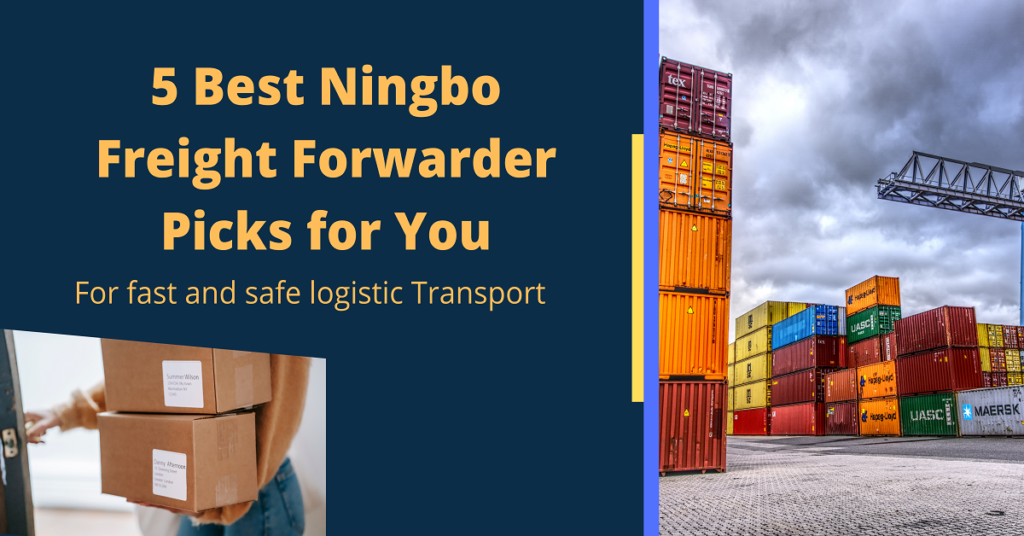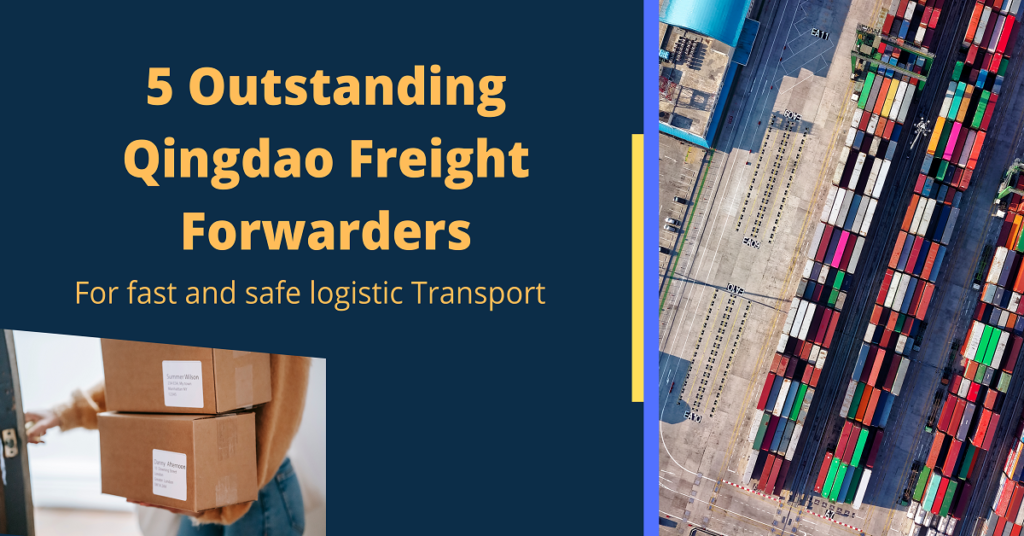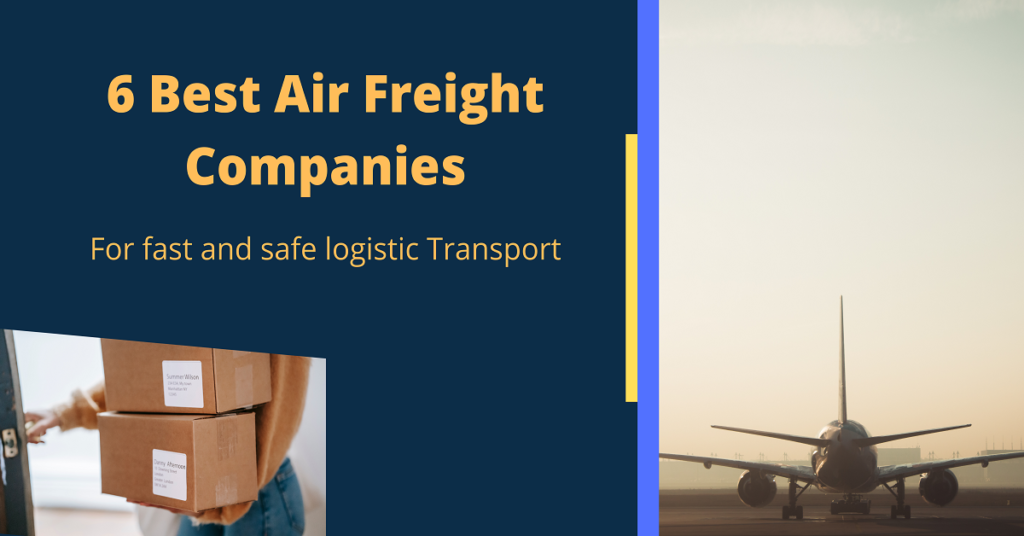Before shipping your goods internationally, understanding your responsibilities either as a buyer or seller should come first. Learn about the latest version of Incoterms® and how they work in this article.
What are Incoterms®?
What do Incoterms® stand for? Formally known as International Commercial Terms, they define how the responsibilities in shipments are divided. You should know that shipments involve these factors: freight insurance, shipment, paperwork, customs brokerage, and other steps. Who handles which are decided according to the Incoterms® agreed upon by both parties.
Incoterms® according to Wikipedia
In international procurement processes, explained by wiki, most authorities recommend the usage of Incoterms®. They are predefined guidelines that present the assignment of tasks, costs, and risks to the parties involved in the shipment.
Basics of Incoterms®
ICC Incoterms®
The widely-used Incoterms® rules are published by the International Chamber of Commerce. The first version of these international commerce terms came out in 1936 and developed over time as international trade progressed. These Incoterms® by the ICC define frequently used commerce agreements and feature abbreviations like FOB, DAP, EXW, and others.
Why Incoterms® Matter
Incoterms® in the freight and logistic industry
Determining clearly who is responsible for what lets you create logical and simplified supply chains. Incoterms® in export are necessary to know which one will pay and bear the risks throughout the freight forwarding process. Incoterms® in the customs also help quicken clearances and inspections with clearer responsibilities in taxes, duties, and insurance.
Incoterms® in import and export
Importing and exporting products can be complicated, and assigning specific obligations to the parties involved in your shipping process may ease them up. Since Incoterms® are globally recognized, your shipments can be handled with familiarity and expertise. It’s an excellent way to define your duties in the shipment, which you can use to ensure you’re not making a loss.
Advantages of Using Incoterms®
- Avoids confusion. The rules are predetermined, so it’s easy to determine the obligations of the seller and buyer in the transaction.
- Counternavigates language barriers. International trade typically involves deals between people of different nationalities and languages. Since Incoterms® are widely recognized and clearly set, both parties can have an easier time agreeing with each other’s requirements.
- Simplified processes. A huge portion of the shipping terms are discussed in these rules, so the only aspects left are the specific modifications that both parties want in the contract.
If you are unfamiliar with China shipping and these Incoterms® rules, try working with a top China freight forwarder.
Incoterms® 2022 Facts: Things You Need to Know Before Shipment
How often will Incoterms® update?
The International Chamber of Commerce revises and checks the Incoterms® rules every ten years to ensure that these rules accommodate the changes in the international market and the needs of its users.
Incoterms® 2010
Released on January 1, 2011, the Incoterms® 2010 reduces the rules from 13 to 11. This version replaces the rules DAF, DDU, DAF, DEQ, and DES with the new rules DAT and DAP.
Incoterms® 2020 (Latest version)
Effective since January 1, 2020, the 2020 version of the Incoterms® rules maintains most rules with the most notable change renaming the rule DAT to DPU (Delivered at Place Unloaded). This rule tasks the seller with the unloading of the goods.
What’s new about Incoterms® 2020?
- The Incoterm DAT is renamed as DPU (Delivered at Place Unloaded) to denote that the destination can be places other than a terminal.
- Before loading the goods, shipments under the Incoterm FCA can have an on-board notation of the Bill of Lading.
- The Incoterm CIP requires the seller to purchase at least 110% insurance of the goods’ value as specified in the Institute Cargo Clauses’ Clause A.
- All costs are centralized in A9/B9 for every rule.
- Insurance of at least the minimum as specified in the Institute Cargo Clause (C) is required under the Incoterm CIF.
- The goods can be transported without a third-party carrier under FCA, DAP, DPU, and DDP Incoterms.
- The seller bears all ancillary costs and requirements related to goods’ security.
Where can I learn more about Incoterms® 2020 rules?
The International Chamber of Commerce published the latest Incoterms® rules, which provide an in-depth explanation of everything you need to know about international trade terms. On the other hand, ZGGShip can provide you with simplified and easy-to-understand information about the Incoterms® 2020 rules.
Incoterms® 2022 Charts & Infographic
The following infographic represents the tasks and obligations carried out by the seller and buyer depending on the Incoterm used. For more information, contact us today.

Image Source: ILS
List of Incoterms®: What Incoterms® Should You Use
You may use any version of the Incoterms® rules provided that you specify the edition you’re using in your sales contract. We recommend using the Incoterms® 2020 as it defines the international freight terms more clearly and in-depth. They updated both the Incoterms® and payment terms used by sellers and buyers.
Did you know that shippers also use Incoterms® for domestic shipments? Some may use the Incoterm Cost and Freight when they choose to deliver via their locale’s inland waterways. However, you may choose from the 11 Incoterms® depending on your needs.
- CFR – Cost and Freight
- CIF – Cost, Insurance, and Freight
- CIP – Carriage and Insurance Paid To
- CPT – Carriage Paid To
- DAP – Delivered at Place
- DDP – Delivered Duty Paid
- DPU – Delivered at Place Unloaded
- EXW – Ex Works
- FAS – Free Alongside Ship
- FCA – Free Carrier
- FOB – Free on Board
Incoterms® by Modes of Transport
Most common Incoterms® for air transport
- DDP – Delivered Duty Paid
- EXW – Ex Works
- FCA – Free Carrier
Incoterms® for ocean transport and inland waterway shipments
- CFR – Cost and Freight
- CIF – Cost, Insurance, and Freight
- FAS – Free Alongside Ship
- FOB – Free on Board
Incoterms® for any shipping mode
- CIP – Carriage and Insurance Paid To
- CPT – Carriage Paid To
- DAP – Delivered at Place
- DPU – Delivered at Place Unloaded
Freight prepaid Incoterms® vs. freight collect Incoterms®
Freight prepaid and freight collect differs in terms of who pays for the freight charges directly. When talking about freight collect, it refers to the Incoterms® that require the buyer to take responsibility for the freight costs. There are four such Incoterms®:
- EXW – Ex Works
- FCA – Free Carrier
- FAS – Free Alongside Ship
- FOB – Free on Board
On the other hand, freight prepaid determines that the seller should pay for the freight charges. Here are the Incoterms® under this category.
- CFR – Cost and Freight
- CIF – Cost, Insurance, and Freight
- CIP – Carriage and Insurance Paid To
- CPT – Carriage Paid To
- DAP – Delivered at Place
- DDP – Delivered Duty Paid
- DPU – Delivered at Place Unloaded
Incoterms® for air freight
If you choose to deliver your goods with an air freight forwarder from China, here are the applicable air Incoterms® that you can use. The most common air freight Incoterms® you can opt for are EXW and DDP.
- CIP – Carriage and Insurance Paid To
- CPT – Carriage Paid To
- DAP – Delivered at Place
- DPU – Delivered at Place Unloaded
- DDP – Delivered Duty Paid
- EXW – Ex Works
- FCA – Free Carrier
Incoterms® for sea and inland waterway transport
For big and heavy shipments, transporting your cargo with a sea freight forwarder from China is your best option. Use the following sea freight Incoterms® for your ocean freight deliveries.
- CFR – Cost and Freight
- CIF – Cost, Insurance, and Freight
- FAS – Free Alongside Ship
- FOB – Free on Board
Incoterms® by the Responsibility of Parties
The main point of setting Incoterms® is to know what tasks, risks, and expenses you’re liable with. You can either be a seller or a buyer, and you’ll have distinct responsibilities depending on the rules you agree upon with your consignee.
Obligations, costs, and risks taken by sellers
The following Incoterms® require the seller to pay for all freight charges. More on this can be found in the sections below.
- CFR – Cost and Freight
- CIF – Cost, Insurance, and Freight
- CIP – Carriage and Insurance Paid To
- CPT – Carriage Paid To
- DAP – Delivered at Place
- DDP – Delivered Duty Paid
- DPU – Delivered at Place Unloaded
Obligations, costs, and risks taken by buyers
The following Incoterms® require the buyer to pay for all freight charges. More on this can be found in the sections below.
- EXW – Ex Works
- FCA – Free Carrier
- FAS – Free Alongside Ship
- FOB – Free on Board
Incoterm CPT
Under the C category, CPT refers to the Incoterm Carriage Paid To. This rule delineates that the seller is responsible for bringing the goods to the carrier or person assigned by the buyer.
CPT in shipping
When shipping using this Incoterm, the seller will deliver and unload the cargo to the specified destination. The buyer will take responsibility for the importation and transportation of the freight in the last-mile haulage.
Incoterm EXW
The Incoterm EXW or Ex Works is the only rule under the E category, and it specifies that the seller is only responsible for preparing the goods to be delivered.
EXW in shipping
If you ship using EXW Incoterm as a buyer, you will be responsible for the costs and risks of the exportation, delivery, and importation of the cargo. You also need to arrange for the loading and unloading of your goods, as well as customs brokerage.
Incoterm FCA
The Free Carrier (FCA) Incoterm under the F category states that the seller or exporter would handle the responsibility of bringing the goods to the buyer’s preferred carrier.
FCA in shipping
After bringing the cargo to a specific location in the seller’s country, the buyer takes responsibility for paying all freight costs, importation, and delivery. Either the seller or buyer can export the goods depending on their agreement.
Incoterm FOB
FOB Incoterm, or FOB, is one of the most used rules in shipping. This term is under the F category, which puts a huge portion of the shipment costs on the buyer.
FOB in shipping
Using the Incoterm FOB, the seller is only responsible for the management of the entire exportation process (until the products are loaded into the ship). After this, the buyer takes responsibility for the freight, including the payment of freight charges and import fees.
Incoterm FAS
Another F-category Incoterm is Free Alongside Ship, and it specifically applies to transports delivered by the ocean. It requires the seller to move the goods to a specific port near a shipping vessel.
FAS in shipping
FAS requires the seller to complete the entire export process, including customs clearance until the cargo is moved near the transport vessel. The buyer takes over once this is done and is responsible for the reloading of cargo, sea transportation, and import process.
Incoterm CIP
The Incoterm Carriage & Insurance Paid (CIP) is under the C category, which requires the seller to handle the payments for carriage of the goods.
CIP in shipping
After the seller delivers the insured goods at their expense to an agreed-upon point, the buyer takes over to complete the rest of the process to the final location. The seller must pay for freight insurance under this Incoterm.
Incoterm CIF
The CIF Incoterm or Cost, Insurance, & Freight under the C category is a comparable and alternative rule to CIP. Its distinguishing aspect is that it is only used by shipments on water.
CIF in shipping
The seller covers the shipping costs and cargo insurance until it arrives at the buyer’s preferred port. At this point, the buyer becomes obligated to complete the unloading, importation, and delivery of their cargo.
Incoterm CFR
Under the C category, CFR or Cost and Freight determines that the seller should move the cargo to the buyer’s preferred port.
CFR in shipping
CFR requires the seller to transport the goods to the port, where the buyer takes over and becomes responsible for unloading, importing, and delivering the cargo. This Incoterm is only used for water-type transport and doesn’t involve freight insurance.
Incoterm DDP
The DDP Incoterm or Delivered Duty Paid is a preferred rule by buyers since it is under the D category, which means that majority of the risks and costs will be borne by the seller.
DDP in shipping
When shipping under DDP terms, the seller would handle everything until the final location. They would be responsible for paying all import duties and taxes, as well as customs clearance. The buyer only needs to unload the shipment.
Incoterm DAP
Under the D category, the Incoterm DAP or Delivered at Place requires the seller to deliver the goods to the specified location.
DAP in shipping
The buyer is responsible for unloading the goods from the delivery truck. They will bear the import duties, taxes, and customs brokerage.
Incoterm DPU
DPU or Delivered at Place Unloaded is highly similar to the Incoterm DAP. The main difference is whether they are delivered unloaded or not.
DPU in shipping
Under DPU terms, the seller is required to transport and unload the cargo at the end location. The buyer, on the other hand, pays for the import duties and taxes, as well as manages customs brokerage.
How Do Buyers and Sellers Agree on Which Incoterm to Use in Shipping?
In choosing an Incoterm, the buyer should consider the costs, risks, security, and convenience of the shipment. Depending on their needs, they will choose a suitable one and quote it to the seller. Evaluate the following in choosing an Incoterm.
- Transportation mode
- Types of goods to deliver
- Assets and capacities of the seller
- Common shipping practices in the locale
The seller can choose to disagree with the buyer’s preferred Incoterm due to limited capacity. Some goods may be delivered only through ocean transportation, such as vehicles, aviation parts, project cargo, and more. These goods will require the Incoterms® suitable for ocean and inland waterway transports, such as CFR, CIF, FOB, and FAS.
Conclusion
The Incoterms® published by the International Chamber of Commerce has helped facilitate millions of transactions all over the world. Understanding one’s responsibilities in the transportation process helps create sustainable and well-defined supply chains. If you are shipping from China, ZGGShip can give you shipments tailored to your Incoterms and needs.



